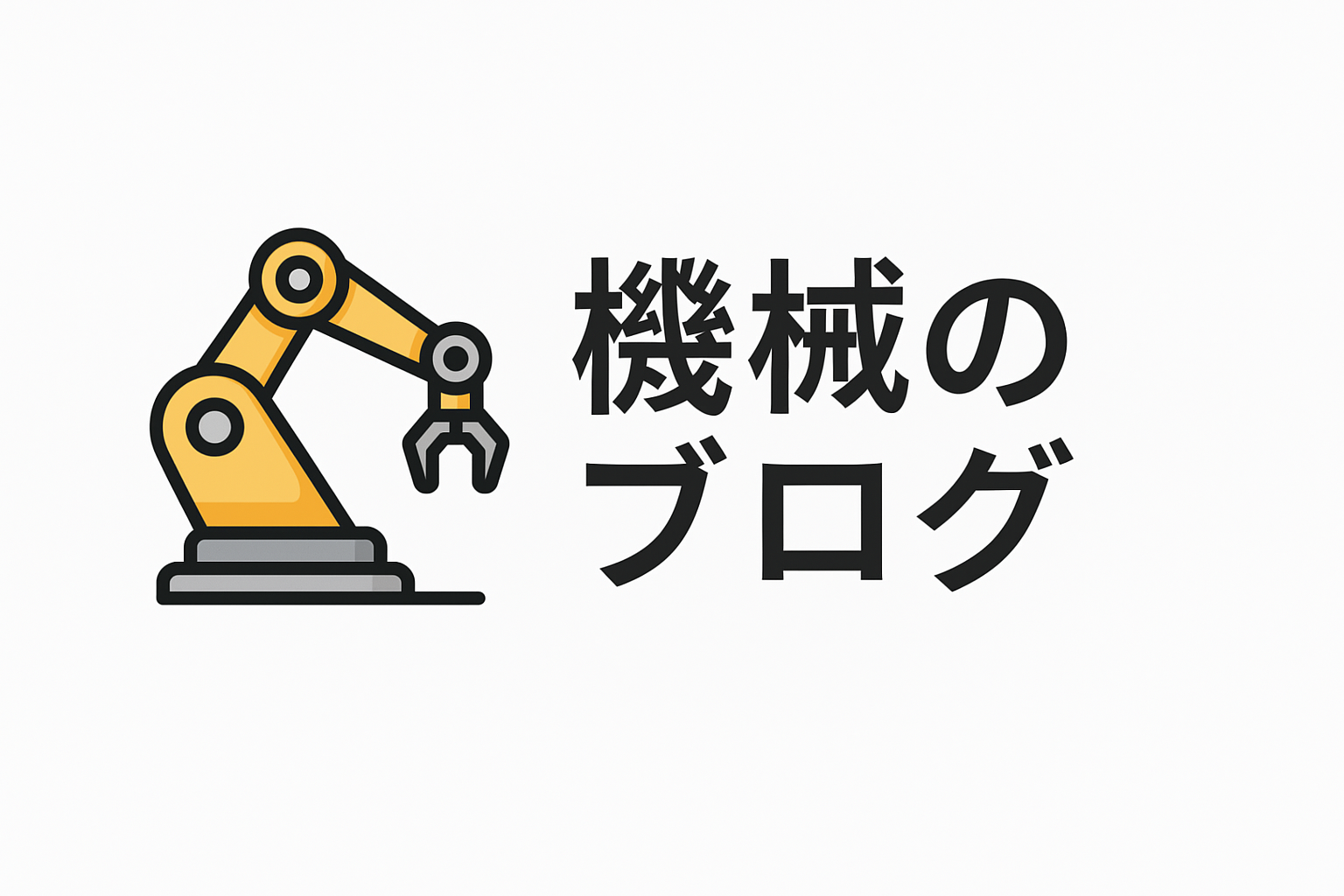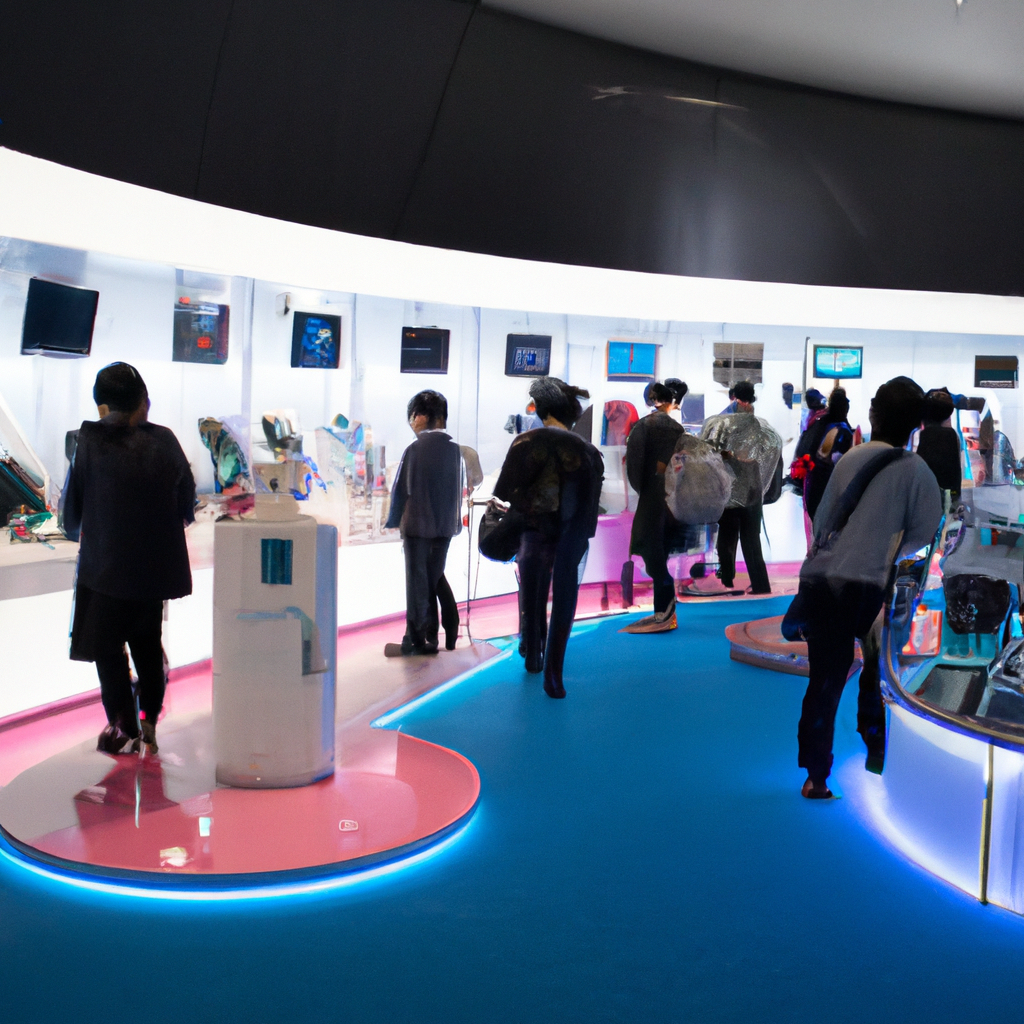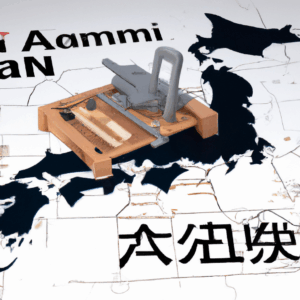AI Innovation and the Future of Manufacturing Expo
The manufacturing industry is on the brink of a technological revolution, driven largely by advancements in artificial intelligence (AI). The “AI Innovation and the Future of Manufacturing Expo” provides an unparalleled opportunity for industry professionals to explore the latest innovations and understand their implications for the future of manufacturing. In this blog, we delve into the key highlights and insights from this pivotal event, offering a comprehensive overview for those who seek to stay ahead in the rapidly evolving landscape.
Section 1: The Role of AI in Modern Manufacturing
Artificial intelligence has become a cornerstone of modern manufacturing, transforming traditional processes with increased efficiency and precision. At the expo, industry leaders showcased how AI technologies are being harnessed to streamline operations, reduce costs, and enhance overall productivity. From predictive maintenance to quality control, the integration of AI facilitates real-time decision-making and optimizes the entire production lifecycle.
AI’s ability to analyze vast datasets allows for a deeper understanding of manufacturing processes, enabling companies to predict equipment failures before they occur, thereby minimizing downtime and extending machinery lifespan. Furthermore, AI-driven automation is reshaping assembly lines, where intelligent robots work alongside human operators, improving safety and output consistency.
Section 2: The Impact of AI on Supply Chain Management
Supply chain management is another area where AI is making significant inroads. The expo highlighted how AI-driven analytics are enhancing supply chain visibility, allowing manufacturers to respond swiftly to market changes and consumer demands. By leveraging machine learning algorithms, companies can optimize inventory management, forecast demand with greater accuracy, and reduce waste.
Moreover, AI is instrumental in mitigating risks associated with supply chain disruptions. Through predictive analytics and real-time monitoring, businesses can identify potential bottlenecks and adjust their strategies proactively. The ability to simulate various scenarios enables manufacturers to develop robust contingency plans, ensuring resilience in the face of unforeseen challenges.
Section 3: AI-Enabled Customization and Personalization
One of the most exciting prospects of AI in manufacturing is its potential to enable mass customization and personalization. The expo demonstrated how AI technologies empower manufacturers to meet individual customer preferences without sacrificing efficiency. By analyzing consumer data, AI systems can drive personalized product development, tailoring offerings to specific customer needs and preferences.
This shift towards personalization is particularly evident in industries such as automotive and consumer electronics, where AI is used to design bespoke products and configurations. The agility provided by AI enables manufacturers to adapt quickly to changing trends, offering a competitive advantage in increasingly saturated markets.
Section 4: Challenges and Ethical Considerations
Despite the promising potential of AI, its integration into manufacturing is not without challenges. The expo addressed several ethical considerations and potential pitfalls associated with AI deployment. One significant concern is data privacy, as AI systems require access to vast amounts of data to function effectively. Ensuring robust data protection measures are in place is paramount to maintaining consumer trust.
Additionally, there is apprehension about the impact of AI on employment. While AI can automate repetitive tasks, there is a fear that it may lead to job displacement. The expo emphasized the importance of upskilling the workforce and creating new roles that complement AI technologies, fostering a collaborative environment where humans and machines coexist harmoniously.
Section 5: The Future Outlook for AI in Manufacturing
Looking ahead, the future of AI in manufacturing appears bright, with exponential growth expected in the coming years. The expo provided a glimpse into upcoming innovations that promise to further revolutionize the industry. From AI-driven additive manufacturing techniques to IoT integration, the possibilities are vast.
As AI continues to evolve, it will play a crucial role in the development of smart factories, where interconnected systems communicate seamlessly to optimize operations. The ongoing advancement of AI technologies will likely lead to more sustainable manufacturing practices, reducing environmental impact and promoting resource efficiency.
Conclusion
The “AI Innovation and the Future of Manufacturing Expo” underscored the transformative potential of AI within the manufacturing sector. By embracing AI technologies, manufacturers can unlock new efficiencies, enhance customization, and navigate complex supply chains with ease. However, careful consideration must be given to ethical and practical challenges to harness AI’s benefits responsibly.
As the industry continues to evolve, staying informed about AI advancements and their applications in manufacturing will be essential for maintaining a competitive edge. The insights gained from the expo provide a valuable roadmap for manufacturers aiming to thrive in the AI-driven future.


